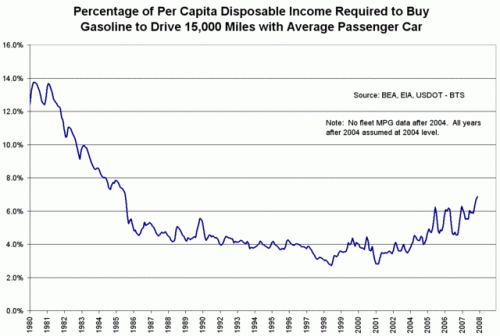September 18, 2018, 8:51 am
As of this moment, Canadian tulip bulb marijuana company Tilray is trading at $146 a share for a total market capitalization of $11.2 Billion. This is a company that had $10 million in revenues last quarter. It is trading at a 420x multiple of last year's revenues. It is up 20% today alone. The race to own Canadian marijuana stocks in advance of the January 1, 2019 legalization in Canada is simply insane. I would have attributed this to millenial dumb money leaving Tesla and looking for a new home, but a couple of weeks ago, American alcoholic beverage company Constellation Brands paid $4 billion for just a piece of another Canadian weed company.
Investments at this sort of valuation before the market even is opened are speculative in the extreme. People will use the argument that "wouldn't you have wanted to be in on the ground floor of Coke or Pepsi or Phillip Morris or Anheuser Bush?" A few responses:
- Buying in at an $11 billion valuation is not really the "ground floor". $11.2 billion is a higher market cap than Whirlpool or Hyatt or Alcoa.
- The beer and cigarette and soft drink industries all started with hundreds, even thousands of competitors. When RJ Reynolds started his tobacco company, there were 15 other tobacco companies in Winston-Salem alone. Without your current hindsight, you would have been hard-pressed in the early stages of those industries to pick the winner.
- This goes without saying, but we have no idea of the future size of the marijuana market, and even without the risk of trying to predict consumer behavior it is really hard to predict regulatory behavior
- Usually only one part of the value chain of a new industry really makes the profits. We have no idea where that will be in the marijuana business. In beer and tobacco, the big profits are not with the growers of tobacco and hops, for example.
- Early pioneers in an industry are often not the survivors. Your computer today, is it a Tandy? Kaypro? Commodore? IBM and Compaq don't even make PC's any more. Apple does but only because it reinvented itself as a phone maker. And how about those cell phone pioneers? Is your phone a Nokia? Motorolla? Blackberry?
December $145 put options on Tilray are trading around $72 dollars, which essentially means that there are folks betting that the company will lose half its value in the next 90 days. I can't remember ever seeing anything that extreme.
Update: Well, a day later it is at over $200 and a $20 billion valuation. Incredible.
March 26, 2009, 10:14 am
On September 12 last year, I linked an article in the Arizona Republic that I declared to be ridiculous wishful thinking on the part of the author, completely disconnected from how people have responded to price changes in the past:
The worst oil shock since the 1970s has put a permanent mark on the American way of life that even a drop in oil's price below $100 a barrel won't erase.
Public transportation is in. Hummers are out. Frugality is in. Wastefulness is out....
As prices come falling back to earth, Americans aren't expected to drop their newfound frugality. The jarring reality of $4-a-gallon gasoline stirred up an unprecedented level of consumer angst that experts say will keep people from reverting to extravagant energy use for years to come - if ever again....
"I see a permanent shift," said Kit Yarrow, a consumer psychologist at San Francisco's Golden Gate University who has studied how high oil prices have affected Americans' buying behavior. "Historically, when gas prices come down, people use more. But we've learned a lot of new things during this period and it will be hard to go back to our gas-guzzling ways."
Thank God for consumer psychologists. From the LA Times last week:
Americans have cut back on buying vehicles of all types as the economy continues its slide. But the slowdown has been particularly brutal for hybrids, which use electricity and gasoline as power sources. They were the industry's darling just last summer, but sales have collapsed as consumers refuse to pay a premium for a fuel-efficient vehicle now that the average price of a gallon of gasoline nationally has slipped below $2.
"When gas prices came down, the priority of buying a hybrid fell off quite quickly," said Wes Brown, a partner at Los Angeles-based market research firm Iceology.

Prices matter. Nearly every other form of communication, from advertising to public education to presidential fireside chats to go-green guilt promotion campaigns pale in comparison to the power of prices to affect behavior.
Postscript: I studied a lot of marketing in business school and was a marketing guy for years in corporate America. I wonder how a marketing guy and a "consumer psychologist" differ? The only differences I can think of are 1) a marketing guy's pay will suffer over time when he is this wrong and 2) I found in marketing that bringing facts to the table often yielded better forecasts than simply applying my personal biases and wishful thinking. About 10 seconds of looking at how consumer focus reverted away from conservation after the oil price collapse in the 1980's might have given these guys a hint. Particularly since the price shock of 2008 was far shorter and less severe than the shocks of the 1970's. Here is my measure of gas price pain (I have not updated it for the recent price collapse):


